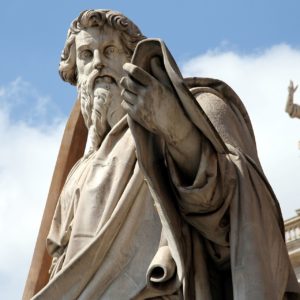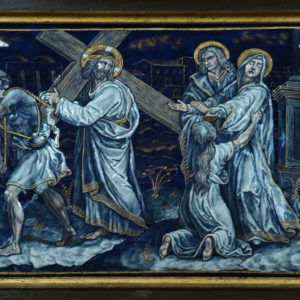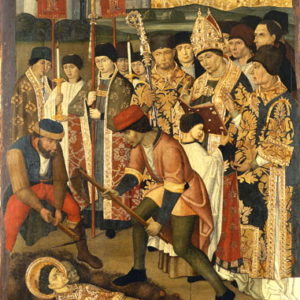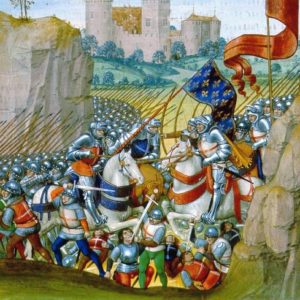In the face of seemingly endless scandals in the Catholic Church, a lot of non-Catholics are asking some variation of “why are you still Catholic?” to their Catholic friends and loved ones. Behind this question is often pain, anger, or sheer incredulity, but the silver lining is that they are asking about why we’re still Catholic, which creates an opening for evangelization. But now what?
As Catholics, we know we’re called to evangelize the world, but anyone’s who ever attempted evangelization (or apologetics) knows that it’s hard to do it well. As with any craft, one of the best ways to learn is to pay attention to the people who do it well, so it makes sense that we should look to the life and example of St. Paul. He is arguably the greatest Christian evangelist who ever lived, apart from Christ Himself. So how do we ensure that we’re properly “armed” for any sort of question, discussion, or argument about the faith?









